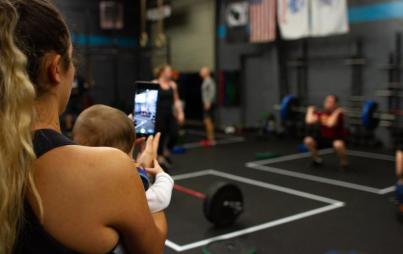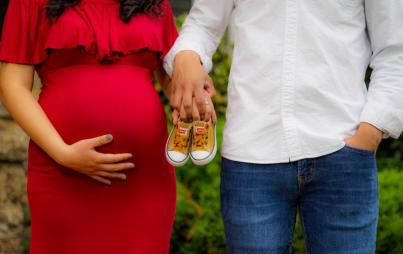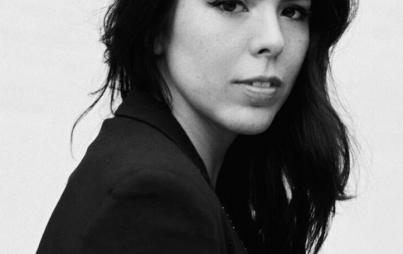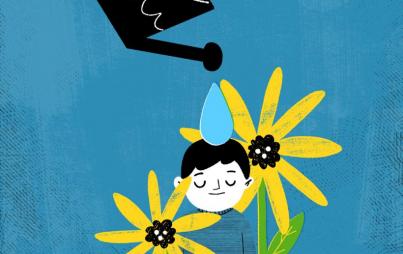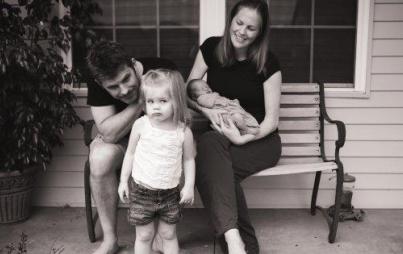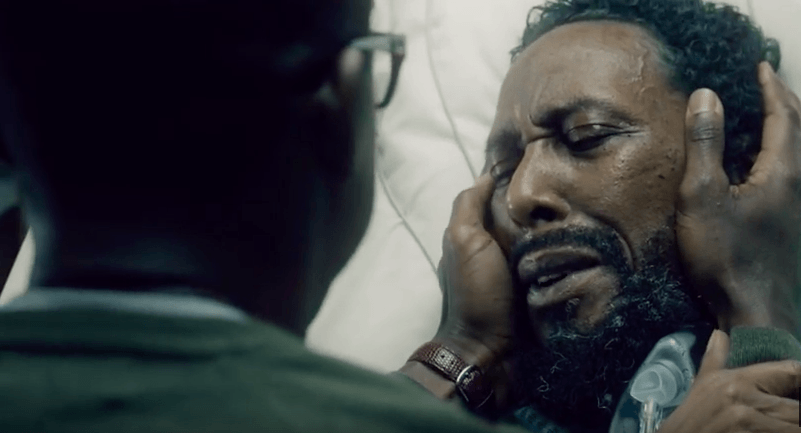
“Just feel it,” my friend said. “Take it as your father speaking to you, telling you how much he loves you.” (Image via YouTube)
I have a penchant for multigenerational family dramas. Brothers and Sisters, Parenthood, Six Feet Under — they all make me feel connected to my own family, which is more like Full House than The Brady Bunch. Aunts, uncles, cousins, and a strong matriarch make up the fabric of my day-to-day life. So when This Is Us debuted, I was all in. What I didn’t expect is that it would touch my heartstrings in a way I hadn’t prepared for.
I never expected to see my absent black father die of cancer all over again.
Randall’s storyline drew me in from the beginning. Like him, I am the one black member of my otherwise mostly white family (though the newest generation is becoming quite diverse). I wasn’t adopted, but sometimes I felt like I was. I often thought the Sesame Street song, “One of these things is not like the others” accurately described my life. Just like the Pearsons, my family has never pretended to be above internal prejudices or to have always made perfect choices about how to raise me. Also, like the Pearsons, my white mom fought for me on more than one occasion, standing up to school counselors and teachers who treated me differently from my peers.
That Randall’s adoptive parents openly wrestled with how to raise a black son was something I’d never seen on television before, and it validates my own unique experience.
Television has had a history of minimizing the black experience and placing the white family in savior roles. This Is Us refreshingly does neither, and it truly reflects advances in primetime television and speaks to the changing American demographic. Parenthood started this trend, with Crosby’s black wife Jasmine and their biracial son Jabbar being somewhat central characters, but This Is Us took it ten steps further.
As the season went on, however, it became increasingly more difficult for me to press “play.” At first, I didn’t give too much thought to Randall’s storyline with his newly discovered biological father, William. But with each episode, Randall and William grew closer, and William drew closer and closer to death. I watched Randall have to prove himself as a black man with William, just as I had to prove myself as a black woman to my dad. Both men felt their children had been raised “soft” because of their white family, as if the whiteness would negate their children’s blackness. I knew my father was disappointed in my rather timid personality as I grew older, but I also knew he was the one to show me what it was like to be a strong black woman, and he hadn’t been there to do so.
I realized it wasn’t about proving anything or following through on an experiment. It wasn’t about writing about my father, which I do quite often. Rather, it was about letting myself just be in that reality.
Like William, my father wrestled with addiction throughout his life — in his case, alcoholism. He also was an avid writer who loved music and whose biggest success was mere survival against the odds. I saw my dad intermittently throughout my childhood, and less so as I got older. In a way, as an adult, I became more like Randall’s adoptive mother Rebecca; I kept myself at a distance from my father to avoid getting hurt. He had broken too many promises and had been unable to stay sober. So I stayed away and wrote letters instead.
Then, when I was 24, my dad was diagnosed with lung cancer. I flew to his home for the first time in two years and ended up staying as his hospice caretaker. Once I arrived, he was already forgone enough to need an oxygen tank. So when William first donned his tank, I felt like I was jumping out of my skin.
As a writer, I treated each episode as a type of “shock therapy,” with the intention of writing this very essay after I finished the season.
It was the only way I could talk myself into continuing to watch William die. But at the end of the episode “Memphis,” when Randall holds William’s head in his hands as William takes his last breaths, I thought I’d gone too far with my experiment.
I hadn’t cried when my dad died. Instead, I’d only felt numb, and I judged myself for my apparent callousness. Friends and family assured me that my response was normal given my relationship with my father, but I desperately wanted to feel something — if only to prove to myself that I wasn’t a monster. It’s been 16 years since my dad died, and I have shed a fair number of tears — more with each passing year. I’ve researched his life since he passed away, and I’ve been able to appreciate him as an individual more than I could as a father.
Still, I hadn’t ever let myself fully feel my father’s absence, to the very core of my being. So when William died, hooked up to monitors in a hospital room, in a gown that looked just like my fathers, I was surprised to find myself in almost a complete state of panic. This wasn’t just any father dying; it was Randall’s father dying — on NBC. Randall, who had finally connected with the dad whose absence he had lamented his entire life, saw this new life slipping away from him.
The scene felt too close to home.
I paced the room, shook my hands as if to release the unpleasant sensation, and wished it were daylight so I could run for miles. I tried to sit down and write, to make the experiment worth the pain, but nothing came to the page. Instead, I picked up the phone and called a friend whose mother died last year.
“Just feel it,” my friend said. “Take it as your father speaking to you, telling you how much he loves you.”
At that moment, I realized it wasn’t about proving anything or following through on an experiment. It wasn’t about writing about my father, which I do quite often. Rather, it was about letting myself just be in that reality. William looks just like my father, and it was easy for me to believe he was speaking through this fictional character. And after all, that’s what makes good television. I let myself settle into an appreciation that a story so close to my own could be told to such a big audience, and I put away my metaphorical pen for another day.



